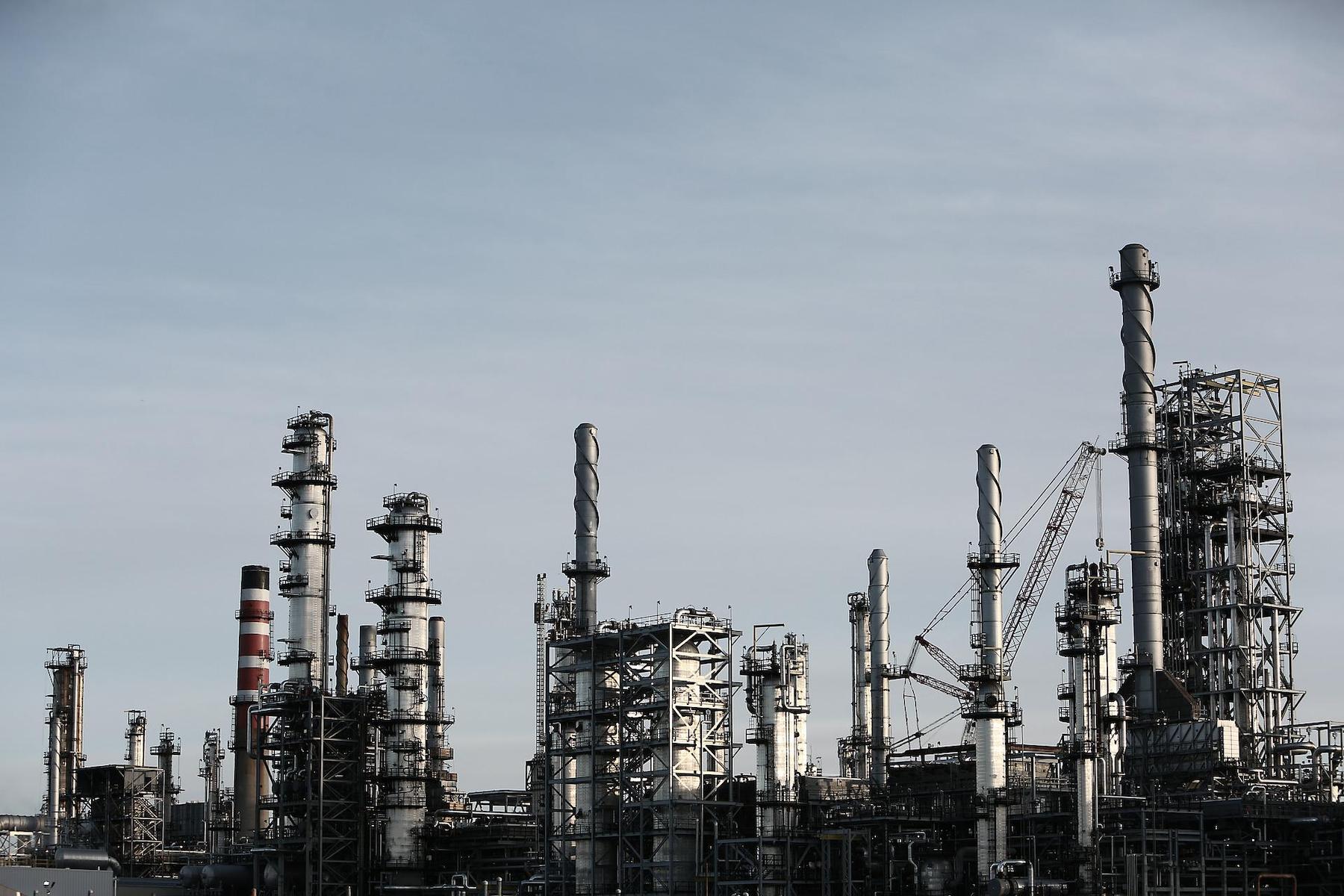The American Institute of Steel Construction has released updated environmental product declarations (EPDs) “to help designers and building owners design more environmentally friendly buildings and bridges,” according to an AISC news release.
The organization develops industry-average environmental product declarations (EPDs) for three products: fabricated hot-rolled structural sections, fabricated steel plate, and fabricated hollow structural sections (HSS)—the latter developed with the Steel Tube Institute. “These documents are designed to facilitate an accurate, apples-to-apples comparison of the structural materials on the market today,” the release says. These documents are updated every five years.
“Many people associate steel with old smokestacks and air pollution, but structural steel is now the premier green building material,” said AISC President Charles J. Carter, SE, PE, PhD. “Over the past three decades, the steel industry has reduced greenhouse gas and overall emissions by 36%. And the American structural steel industry is leading the way to a greener future with a carbon footprint nearly half the world average. By comparison, Chinese structural steel has three times the global warming potential of domestic steel.”
Many rating systems (LEED V4), standards (ASHRAE 189.1), green building codes (IgCC), and specific customers require the submission of environmental product declarations (EPDs) for products delivered to the project site. These EPD life-cycle assessments provide information on environmental impacts related to the manufacture of the product, including global warming potential, ozone depletion, acidification, eutrophication, and ozone creation.
AISC works with its mill members to develop industry average EPDs for structural steel produced in the United States. In addition to quantifying the impacts of the mill processes, the EPD work quantifies the industry average per ton environmental impacts of the fabrication process.
Related Stories
Codes and Standards | Jul 7, 2021
Bechtel, Nautilus partner on sustainable, high-performance data centers
Facilities would use 70% less power for cooling, eliminate consumption of drinking water.
Codes and Standards | Jul 7, 2021
Surfside condo collapse could spur new legislation
Natl. Institute of Standards and Technology is investigating.
Codes and Standards | Jul 7, 2021
Intl. Code Council appoints committees to lead energy code development
One-third of appointees are government regulators.
Codes and Standards | Jul 1, 2021
COVID-19 made payment delays to contractors much worse
Only one in ten companies is always getting paid in full.
Codes and Standards | Jun 30, 2021
New resource for public sector organizations to develop energy data management program
Dept. of Energy document contains more than 30 examples of successful implementations.
Codes and Standards | Jun 29, 2021
Biden China policy may spur more increased U.S. PV manufacturing capacity
Senate bill proposes advanced solar manufacturing production credit.
Codes and Standards | Jun 28, 2021
Local and state building energy performance standards aim to curb climate change
Owners must up the ante on operations and retrofits.
Codes and Standards | Jun 24, 2021
Biden Administration will restore ‘Waters of the U.S.’ protections ended by Trump
Early revision more likely to hold up in court, says legal expert.
Codes and Standards | Jun 23, 2021
Denver unveils renewable heating and cooling plan
City releases roadmap to decarbonizing existing homes and buildings.
Codes and Standards | Jun 22, 2021
Actually, few companies plan to significantly reduce their office footprint
CBRE survey shows that many firms will continue with hybrid work.

















